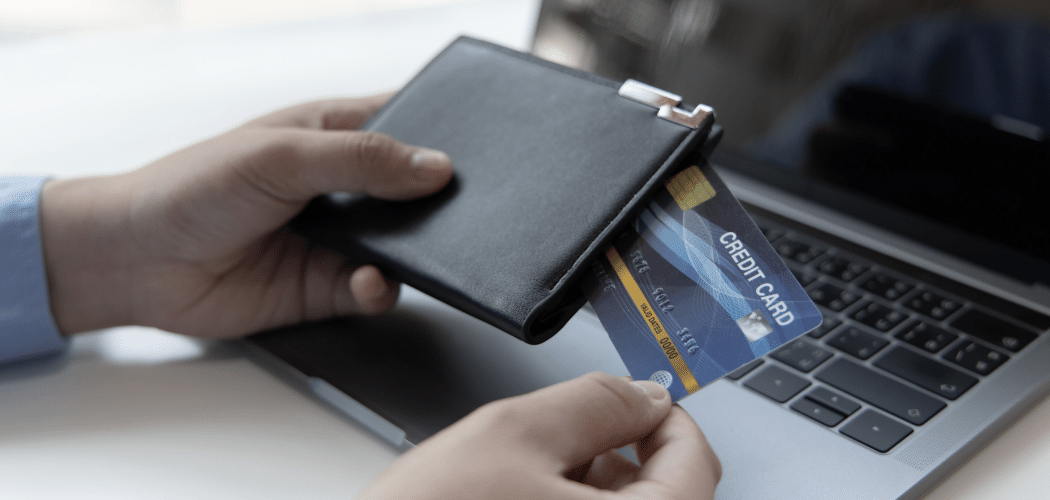Insight: Is Apple Pay a threat to brand loyalty?
Mobile Commerce Daily has a column from Bond Brand Loyalty EVP Sean Claessen that raises some compelling questions about the role third-party mobile wallets such as Apple Pay will play in retail customer relationships. Foremost among these questions: If Apple Pay automates loyalty programme participation, how will we know which members are truly engaged with the programme?
Claessen's lengthy dissection of Apple Pay's impact on loyalty is worth reading in full, but here's the tl;dr version for our time-starved readers. The crux of Claessen's Apple Pay watchouts boil down to the following points:
Apple Pay's first-mover promise is overrated: Claessen points out that retailers who assume that hopping on the Apple Pay bandwagon will result in a massive influx of new customers may be disappointed. Research reveals that many users who try Apple Pay once never use it again.
The privacy rules are murky at best: There's nothing preventing Apple from collecting and using the data it collects through Apple Pay for its own purposes, or even from packaging and selling that data back to the retailer or to another third party. Consumer privacy is at risk.
Loyalty integration will make programme engagement more opaque: This is arguably Claessen's most compelling point - that automating loyalty programme participation through Apple Pay will make it harder for retailers to understand which customers are truly engaged with the programme, which will therefore make analysing the programme's incremental benefit on sales and customer value that much more difficult. Money quote from Claessen:
For most retailers, part of the modern transaction at the point of sale involves customers identifying themselves as members or not of a loyalty programme. Loyalty can now be loaded into the digital wallet, so when a mobile payment service such as Apple Pay is used, all transactions by loyalty programme members will be tagged.
Rightly or wrongly, one of the signals of engagement for any loyalty programme is whether or not the consumer values the programme enough to remember to carry and use the loyalty card. Automating the process removes that marker. Automation might sound attractive on first blush, but the result is that everyones signals will eventually be muted.
There is a reason why loyalty programmes have avoided the automatic factor thus far: they are aimed at those willing to raise a hand, stay engaged and earn points along the way. They are supposed to be linked to how much consumers care about the brand.
The effort often referred to as friction is an integral part of any valued relationship. But this will change a lot of data, and not necessarily in a good way.
This is a critically important point, and one that few industry observers are thinking about: the notion that passive earning through programme automation could dramatically alter the value of loyalty programme data. In addition, programme operators could end up with liability on their books from disengaged members accumulating currency just through using Apple Pay, which could throw programme financial models out of wack. It's potentially a serious problem, one which Claessen is correct in pointing out.
Claessen's argument could also be viewed as an argument in favor of retailer-centric mobile wallets such as those developed by Walmart, CVS, and other major retail brands. Like pulling a plastic loyalty card out of your wallet, downloading and using a retailer app is an act of hand-raising. As well, the data you collect will continue to remain a proprietary competitive advantage. You can also set and abide by your own privacy policies with wild abandon. What's not to love?
The danger, of course, is the same one that has bedeviled loyalty marketers for decades: the danger of ubiquity. If every retailer is asking you to download a separate mobile wallet with an attendant loyalty programme, then retailers will collectively soon learn the limits of how many such apps consumers are willing to download and use regularly.
The promise of device-centric platforms such as Apple Pay, on the other hand, is that consumers can theoretically use a single app everywhere, and can participate in their favorite programmes without having to download and access multiple apps. That advantage would seem to place Apple on the side of the frictionless future. But as Claessen points out, friction - the effort required to participate in loyalty programmes - is actually essential to the success of current programme models.
It's a conundrum, and no one knows which model of mobile loyalty will ultimately win out. In the short term, balkanization of mobile payments will continue - placing the onus on retailers to choose whether to capture their customers in a walled garden, or allow them to roam free in an open field.
Read Claessen's article here.
- Rick Ferguson
More Info:




